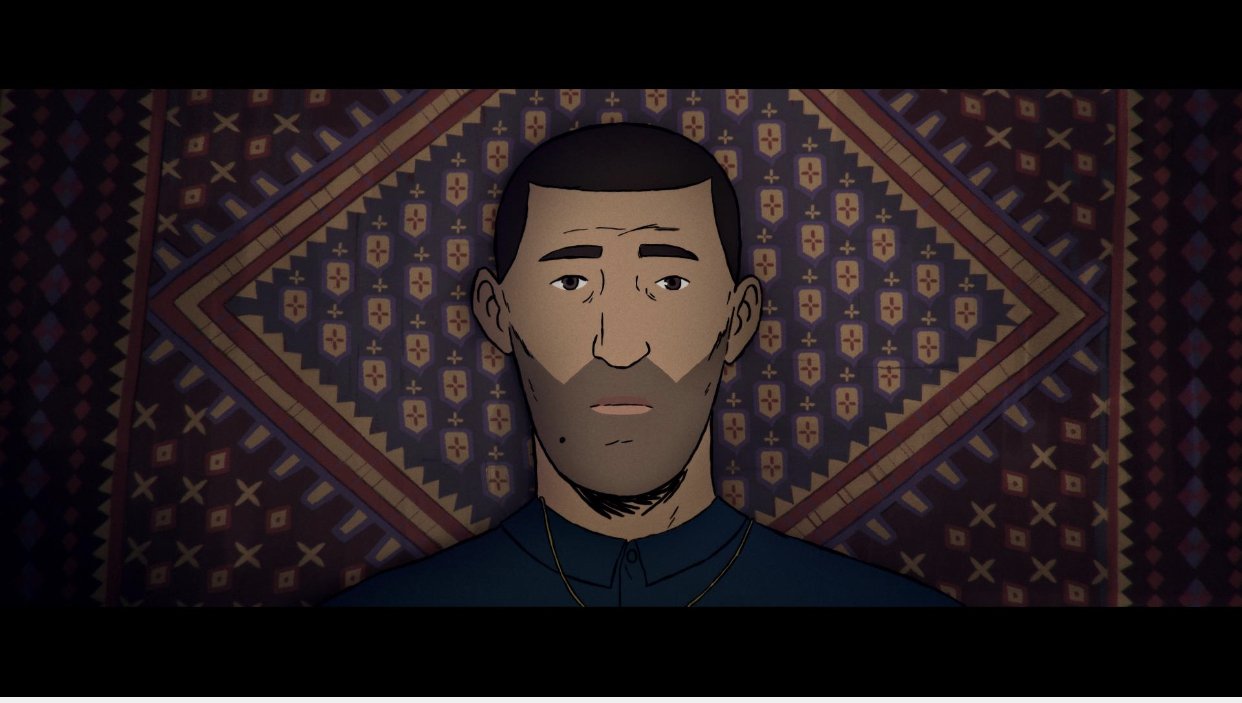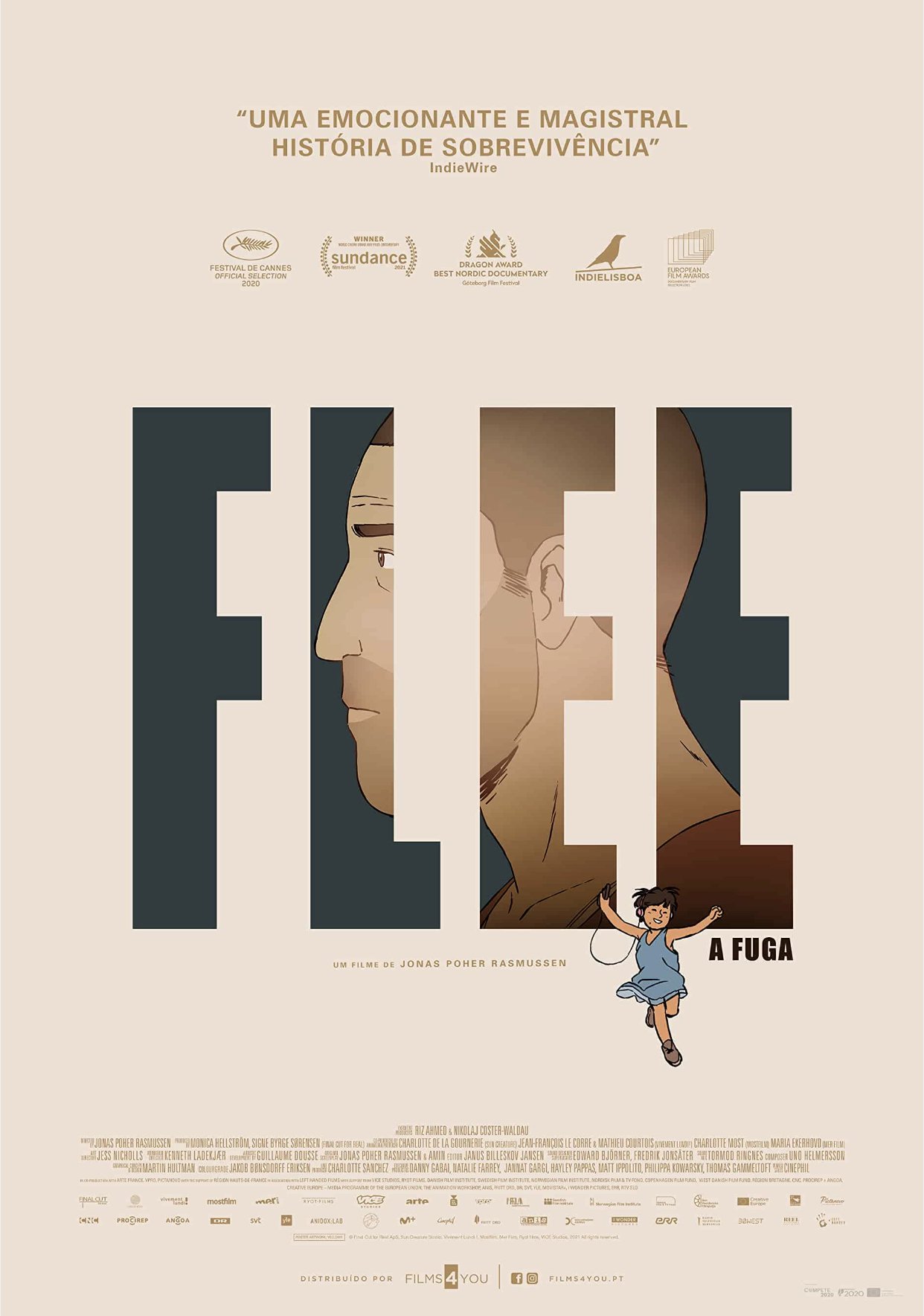THINGS WE’RE LOOKING FORWARD TO: BROS
By Arnold Wayne Jones
By the time the weather gets this stultifying hot – despite the appeal of pool season – we start looking forward to the fall and all that entails: Cooler weather, upcoming holidays and, this year, Billy Eichner.
Eichner has been the secret weapon of various filmed entertainments for a decade. Starting with his YouTube videos Billy on the Street – featured on FunnyOrDie.com, and later a proper series on cable – which were equal parts super-gay, super-funny and super-terrifying, ambushing pedestrians for what must seem like a bipolar flash-mob-of-one game show, he proved mania could be marketable and hysterical. But he’s also lent brilliant comic energy in supporting roles to such diverse properties as the reboot of The Lion King (voicing Timon), Parks & Rec and Friends from College.
Bros Courtesy of Universal Pictures
He finally will lead his own feature film, set to arrive in late September along with pumpkin spiced lattes and Halloween costume prep. Bros, which he co-wrote with (straight) director Nicholas Stoller (Forgetting Sarah Marshall, Neighbors), tells the romantic complications of Eichner’s character, Bobby, a schulbby intellectual loner, and Aaron (out hottie Luke Macfarlane), the athletic hyper-masculine muscle hunk he falls for. But don’t expect some chastely ordinary queer-rom-com. Based on the trailers (the second one dropped last week), it’s outrageous, sexy, winkingly smart at celebrating and skewering queer culture… and incredibly funny. It also seems to be the class reunion of every gay icon and out comedic actor in Hollywood, including Kristin Chenoweth, Debra Messing, Jim Rash, Guy Branum, Guillermo Diaz, Bowen Yang and Amanda Bearse.
Bros Courtesy of Universal Pictures
How appealing is all this? Just check out the new trailer, and put Sept. 30 on your calendar. We can all bro it up!
Film Review- FLEE
by Arnold Wayne Jones
By its very nature, Flee is the kind of movie that risks being reductively shuttled into the category of novelty, if not outright gimmicky: It’s a documentary, but it’s also animated (portions are intercut with life-action footage), though it uses tons of live-action footage; it touches on about a half-dozen hot-button topics, from a same-sex relationship to a same-sex relationship including a Muslim to a story about a refugee (same guy!) and he’s a refugee from the Mujahideen in Afghanistan to Russia, two countries where unrest has dominated the news for a year. Why, if it were a fiction film, they’d’ve cast Daniel Day-Lewis and let him walk away with a fourth Oscar. (They might even make him a paraplegic with a speech impediment, just to seal the deal.) The fact it is the first film ever to receive three “best film” Oscar nominations – Best International Film (it’s in Dari and Danish, as well as English and few others), Best Documentary Feature and Best Animated Feature (it’s only missing Best Picture) – could brand the guilt-watch movie of the year.
That would all be a shame, though. Try to look beyond the circumstances that almost defy you to say anything negative for fear of being canceled by the Woke Police, and see instead its bona fides: Flee is an exceptionally powerful, but emotionally accessible, film – in turns heartfelt, heartbreaking and heart-warming.
Courtesy of NEON
Flee tells the true story of Amin (voiced in the dubbed version by executive producer Riz Ahmed), looking back on his innocent childhood in Kabul before life went to shit. As a 6-year-old, Amin would think nothing of putting on his sister’s dress and playing in the streets, and though he wasn’t sexually active, he knew he was attracted to men. That made him stand out among the traditional Muslim culture, one where, as Amin recalls, “gay people didn’t exist. There wasn’t even a word for them – they brought shame upon the family.” Without the vocabulary or context to give shape to his feelings, though, he just settled in to life, a kid largely untouched by the civil war that raged along the countryside. Eventually, though, the politics and violence would hit home.
Courtesy of NEON
One of the subtle achievements of the film is how the hand-drawn animation marries with the gentle tone to conjure the authentic, quotidian experiences of an extraordinary boy living out an ordinary boyhood that was anything but ordinary. Like John Boorman’s Hope and Glory, Steven Spielberg’s rendering of J.G. Ballard’s Empire of the Sun or more recently Kenneth Branagh’s Belfast, Flee captures the twinging melancholy of a dire situation as seen from the perspective of a callow but sensitive child unable to grasp the pending tragedy. But it layers on the component of sexual awakening to this slightly familiar trope, and shows it with delicate verisimilitude. In the present-day scenes, the affection between Amin and his fiance Kasper are sweetly loving; in the past, his comically regretful recollection of his attraction to movie muscle men like Jean-Claude Van Damme will flash familiarity to every former gay boy who knew his nature before he had the words for it.
Courtesy of NEON
Amin and his family eventually escape Afghanistan, but their precarious immigration status, harrasment by authorities, unscrupulous human traffickers and Amin’s burgeoning sexual awakening and concomitant shame make for a horrific tale of modern survival while simultaneously reinforcing the resilience of spirit, even as the situations become increasingly dire. We know it is ultimately a triumphant tale – after all, Amin lived to tell it – but it burrows deep before then, echoing the well-worn sentiment in the gay community that family is the one you make for yourself, and that it does get better.
Courtesy of NEON
The slightly staccato anime style recalls Miyazaki’s wistful memory films, while the “shots” where the filmmaker/interviewer is shown behind the scenes joking with Amin (behind the scenes of an animated film? Whaaa?!) and sometimes abstract images give the film its disarming meta-ness. A meta-docu-cartoon? If it sounds twee, the effect is anything but. Flee transcends its simplified logline to be something profoundly emotional.
Courtesy of NEON












